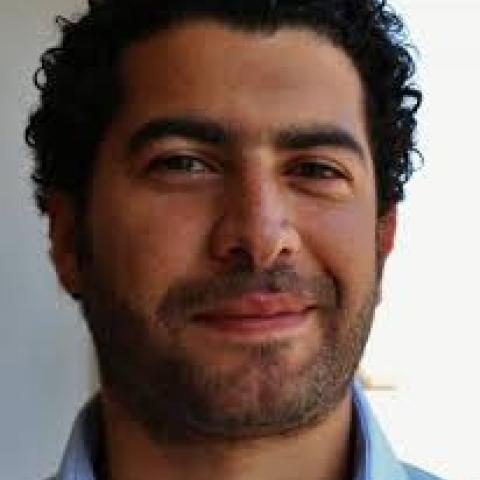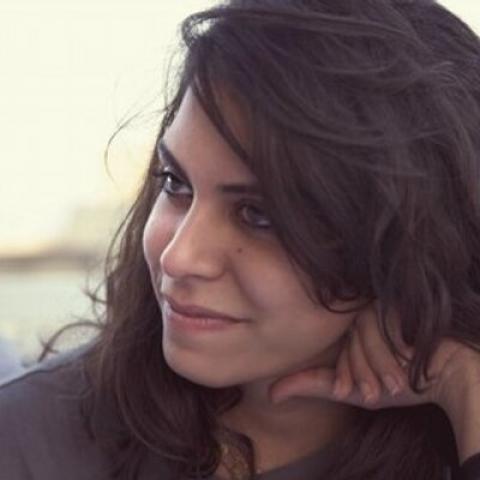The Other Side of the Sudan Dams Complaint before the African Commission seeks justice for victims of Sudanese dams
While the success of a mega development project may simply be measured by its impact on the country’s economy as a whole, a myriad of experiences have shown that such projects may come at a very high cost for less powerful and rather marginalized communities who do not benefit from it and are often not properly compensated. In Sudan, local communities have suffered – and continue to suffer –from the construction of two hydropower dams: The Merowe High Dam in the Nile State and the Kajbar Dam in the Northern State. In an attempt to bring justice to those communities in Sudan, Ali Askouri and Abdel Hakeem Nasr, two activists from the affected communities, represented by the Egyptian Initiative for Personal Rights (EIPR),have initiated a complaint at the African Commission on Human and People’s Rights. The Commission has decided to be seized of the case during its 14th Extra-ordinary session, held from 20-24 July 2013, which means that the Commission has found that the case includes alleged violations that are worthy of its consideration. The immediate aim of the case before the Commission is to provide sufficient remedies to the affected communities. On a strategic level, however, this effort aims at getting a strong statement from Africa’s main human rights mechanism on how the Sudanese government, as well as all African governments, have a duty to involve affected local communities in the decision making process relating to development projects and to ensure that they are properly compensated when undertaking large development projects, such as the hydropower dams in this case.
The construction of the Merowe damn, described by the Sudanese government and state media as “the biggest economic accomplishment in Sudan”, began in 2003 and was completed in 2009. It resulted in the displacement and forced eviction of over fifty-thousand people (seventy-five thousand according to some estimates). Local communities affected by the construction had been living on the land for centuries and have practiced a sustainable way of life dependent on agriculture and inextricably linked to their ancestral land. The communities’ elected representatives were not consulted before the construction commenced. Moreover, the affected communities were relocated to areas unsuitable for farming and herding due to poor soil conditions. The construction of the second dam, the Kajbar Dam, began in December 2005. In this case too, no procedures were put in place to seek the input of the local communities, even though a representative group had formerly rejected the plans for the Dam back in 1998. It is estimated that construction of the Kajbar Dam will submerge around ninety villages, displace around ten thousand people belonging to the Mahas, an indigenous Nubian community, and destroy an estimated five hundred archaeological sites. While construction was halted in Kajbar for several years, the Government has recently expressed its intent to resume the construction of the dam.
The local communities paid for the dams not only by losing their homes, ancestral lands and way of life. The Sudanese government ensured that the physical wellbeing of protesters against the dams would also be affected if they express their dismay outside of the narrow margin permitted by the government. When communities affected by the Merowe Dam protested in April 2006, the government responded with armed militia who, in the presence of police guards, killed at least three anti-dam protesters during a peaceful gathering at a school courtyard and injured around forty others. A more brutal scenario was repeated in Kajbar the following year. In response to a peaceful march against the dam, in June 2007, heavily armed Sudanese security forces fired on protesters, killing four , wounding more than fifteen others and arresting twenty-six individuals for several weeks, including journalists who tried to cover the protest. In both instances as well as many others, perpetrators of the attacks have not been prosecuted and no formal investigations have been concluded, despite numerous complaints and requests filed by aggrieved individuals.
The negative effects of the completion of the Merowe Dam in March 2009 continue to be felt by the populations concerned, while recommencing the construction of the Kajbar Dam remains a looming threat. This is not the story of two dams, the Sudanese Government continues to sanction hydropower projects without engaging in effective consultation in other parts of Sudan as has recently occurred in the Shreik, Dal and Setait dam projects and in the heightening of the Roseires Dam.
The complaint on behalf of the local communities in Merowe and Kajbar was initiated to hold the Government of Sudan accountable for violations of the African Charter on Human and Peoples’ Rights. The case is of special interest for its set of facts, which highlights the intricate relationship between social, economic and cultural rights and civil and political rights. The case also raises issues that are common to several African countries. In 2010, the African Commission ruled against Kenya for violating the rights of the indigenous Endorois people by turning their lands into game reserves in a manner that did not correspond to applicable international and regional standards. The case is part of an effort by the affected communities to seek remedy and to resist further marginalization. Demonstrations in Sudan continue as do other efforts outside of Sudan. In May 2010, a criminal complaint was filed in Germany by the European Center for Constitutional Rights against Lahmeyer, a German company that took the lead in the construction of the Merowe Dam despite the disastrous impacts of the dam. Development projects, as important as they may be, cannot come at the price of the lives and the very basic rights of local communities. This case is but one of many examples, where marginalized communities were forced to pay a hefty and unequal price for a project under the rubric of the broader good.
Egyptian Initiative for Personal Rights, North African Litigation Initiative





